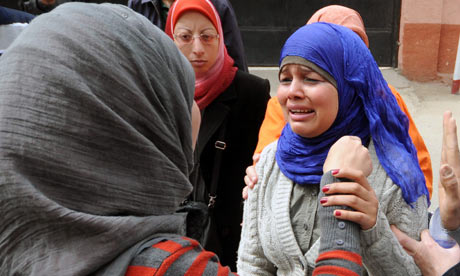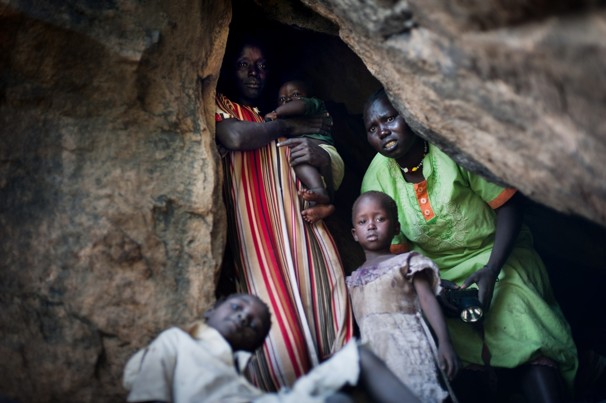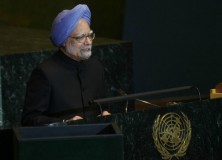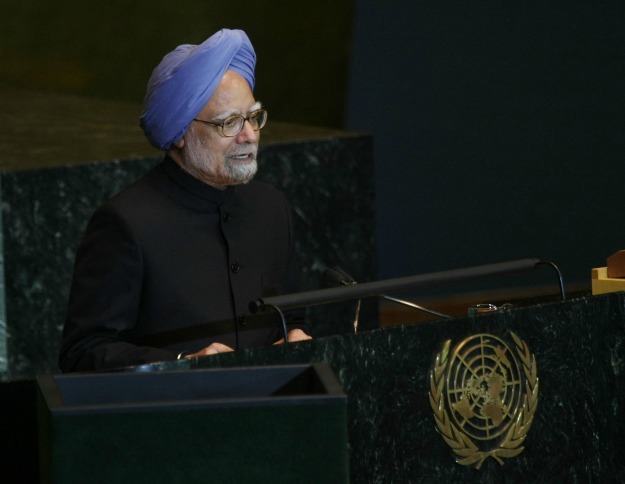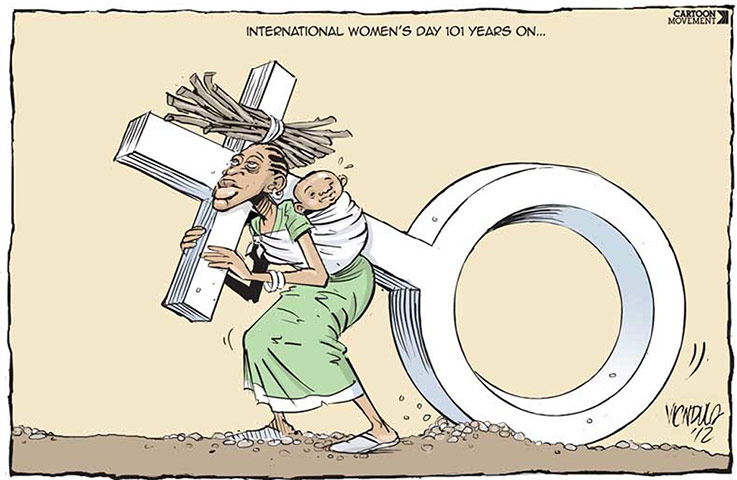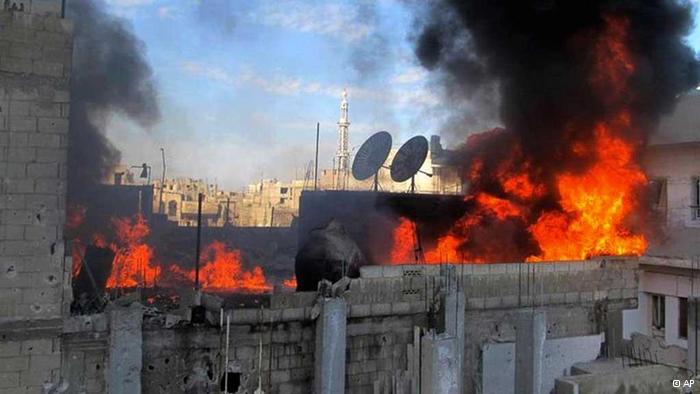 Um dos principais sociólogos da religião no mundo explica a crise de fé da Europa, a politização da religiosidade nos EUA e o preconceito contra os ateus.
Um dos principais sociólogos da religião no mundo explica a crise de fé da Europa, a politização da religiosidade nos EUA e o preconceito contra os ateus.
[Rodrigo Cardoso, Isto É, 16 mar 12] Aos 61 anos, José Casanova é um dos mais respeitados sociólogos da religião na atualidade. Autor do clássico “Public Religions in the Modern World†(de 1994), no qual trata da ligação entre o afastamento das pessoas das religiões e a modernidade, o acadêmico nascido na Espanha e naturalizado americano é professor titular do departamento de sociologia da Universidade de Georgetown, em Washington, nos Estados Unidos, e diretor do programa sobre “globalização, religião e o secular†do Center Berkley, na mesma instituição. Casado e com um filho, Casanova esteve no Brasil, no inÃcio do mês, para ministrar aulas magnas, ter encontros com pesquisadores e fazer palestras públicas em universidades. No perÃodo em que esteve no PaÃs, concedeu uma entrevista à ISTOÉ, na qual traçou um panorama da engrenagem religiosa no mundo atualmente – secularismo e ateÃsmo, a crise de fé na Europa, a politização da religiosidade nos EUA e a religião em paÃses como Brasil, China e Ãndia.
Confira a entrevista.
Qual o futuro do catolicismo?Â
Entre o protestantismo/pentecostalismo, o islã e o catolicismo – as três grandes religiões globais –, este último vem perdendo espaço e depende de como irá resolver as suas crises fundamentais envolvendo a igualdade das mulheres, o sacerdócio feminino e como irá reconstruir a sua moral sexual diante das transformações radicais da moralidade sexual nas sociedades. Não significa aceitar essas transformações, mas confrontá-las e dar uma nova alternativa moral aos problemas. Há um distanciamento entre a moral sexual das sociedades e a moral proposta pelo catolicismo. E sabemos que isso leva muitas mulheres a se afastar. E, quando uma mulher sai da igreja, a famÃlia deixa de ser cristã e os templos se esvaziam. Continue lendo →




